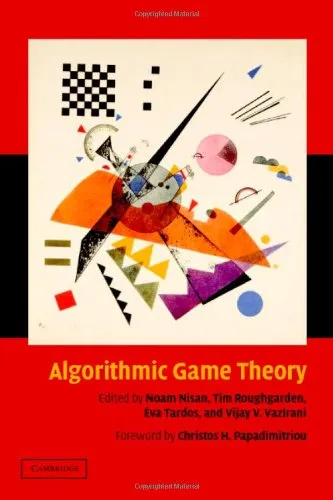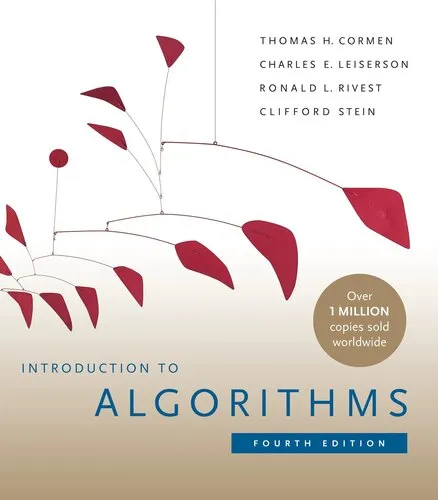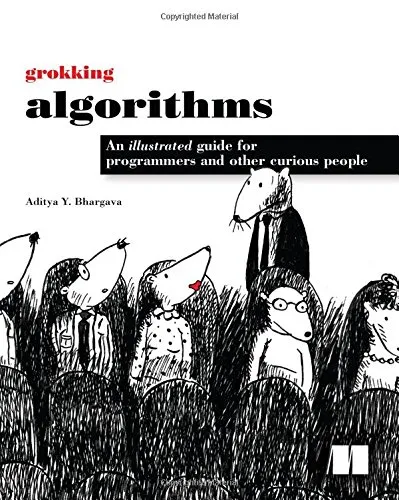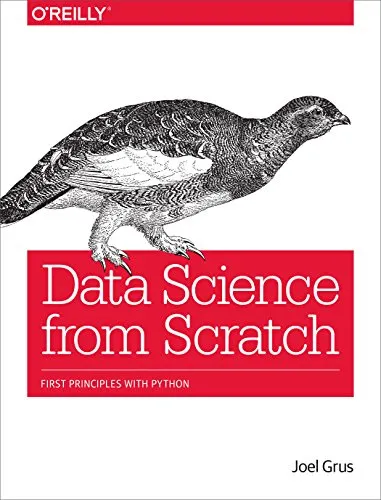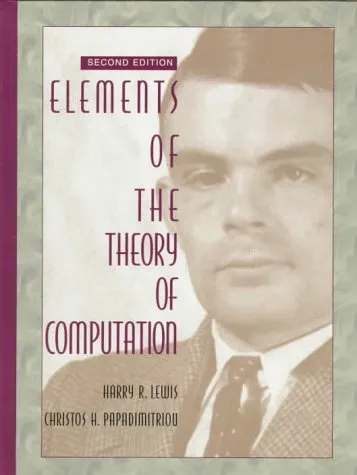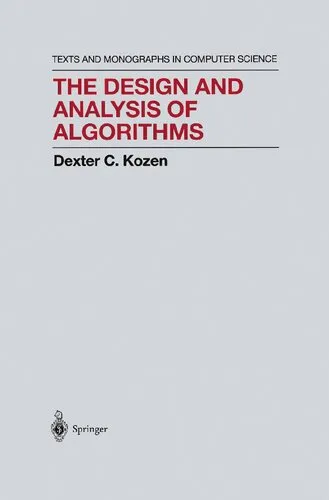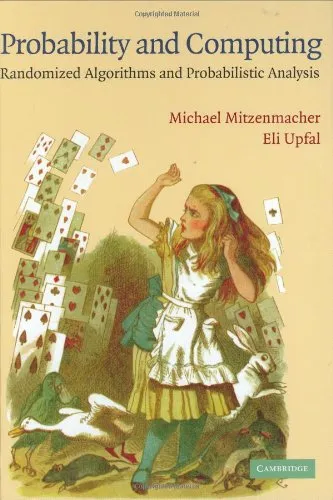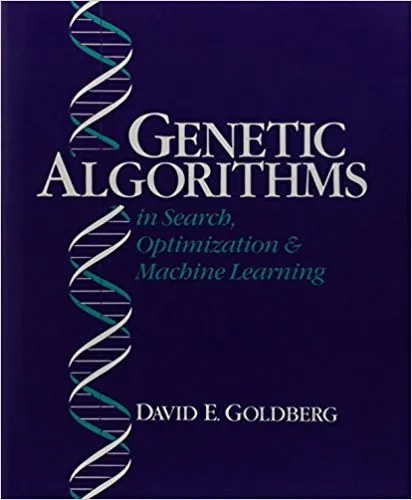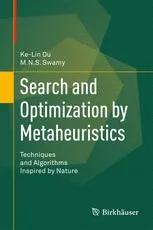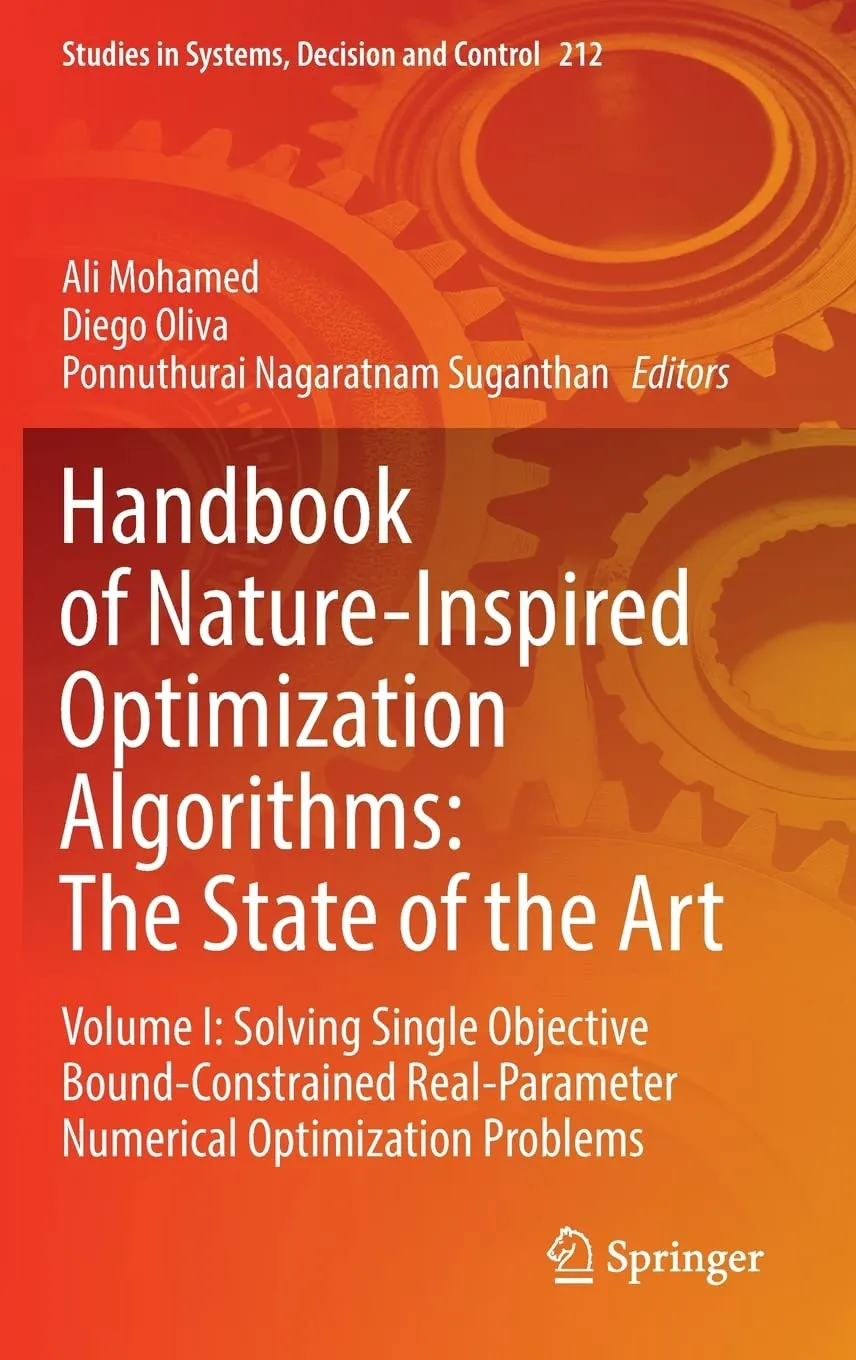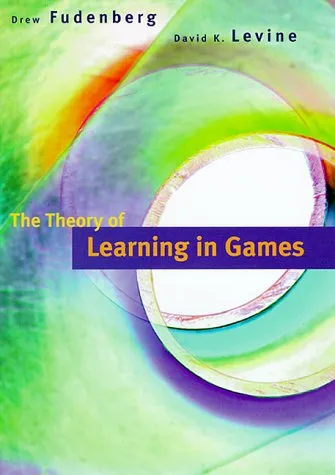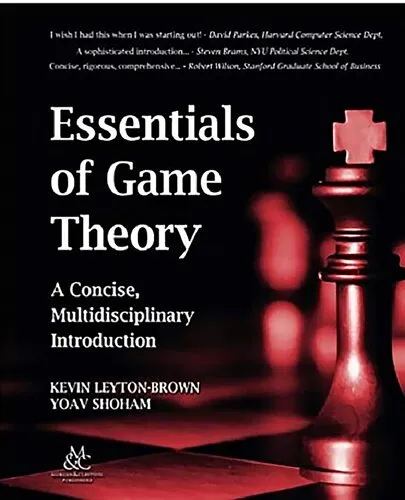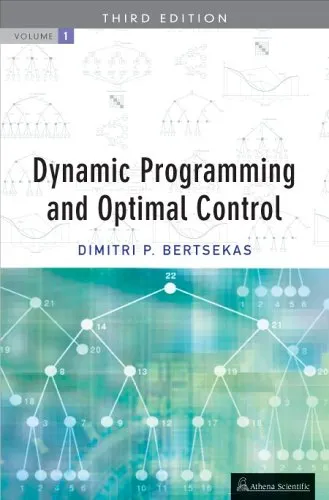Algorithmic game theory
4.5
بر اساس نظر کاربران

شما میتونید سوالاتتون در باره کتاب رو از هوش مصنوعیش بعد از ورود بپرسید
هر دانلود یا پرسش از هوش مصنوعی 2 امتیاز لازم دارد، برای بدست آوردن امتیاز رایگان، به صفحه ی راهنمای امتیازات سر بزنید و یک سری کار ارزشمند انجام بدینکتاب های مرتبط:
مقدمهای جامع بر کتاب Algorithmic Game Theory
کتاب Algorithmic Game Theory اثری بینظیر در پیوند مباحث الگوریتمها و نظریه بازیها است. این کتاب که به قلم نویسندگانی برجسته مانند نوآم نیسان، تیم روفگاردن، اوا تاردوش و ویجی وازیرانی نگاشته شده است، یک منبع کلیدی برای علاقهمندان به علوم کامپیوتر، اقتصاد و ریاضیات کاربردی محسوب میشود. در این مقدمه تلاش میشود تا دید کاملی از ساختار، مفاهیم کلیدی و اهمیت این اثر داده شود.
خلاصهای از کتاب
کتاب Algorithmic Game Theory ترکیب همزمان علم الگوریتمها و نظریه بازیها برای طراحی و تجزیه و تحلیل سیستمهای پیچیده را بررسی میکند. این کتاب شامل موضوعاتی مانند Mechanism Design، Price of Anarchy، الگوریتمهای تقریبی و تئوریهای مربوط به تعادلهای Nash میباشد. نویسندگان در این اثر تلاش کردهاند تا با ارائه دیدگاههای عددی و ریاضیاتی، ذهن خواننده را در درک عمیقتر مسائل نظری و کاربردی درگیر کنند.
این اثر به چهار بخش اصلی تقسیمبندی شده است:
- تئوری پایهای بازیها و تعادل Nash
- تجزیه و تحلیل الگوریتمیک مکانیزمهای مختلف
- پیچیدگی محاسباتی در نظریه بازیها
- کاربردهای عملی در مسائل شبکه و اقتصاد
هر بخش از این کتاب با دقت بالا تنظیم شده و مباحث از سادهترین مفاهیم تا مسائل پیشرفتهتر با مثالهای عملی توضیح داده شدهاند.
نکات کلیدی
- درک مفهوم تعادل Nash و استفاده از آن در مسائل الگوریتمی.
- تحلیل Price of Anarchy و تأثیر آن بر بازدهی سیستمها.
- کاربرد ابزارهای مکانیزم دیزاین در طراحی سیستمهای اقتصادی مناسب.
- پیچیدگی محاسباتی و الگوریتمهای مؤثر در بهینهسازی در حوزه نظریه بازیها.
- مطالعات موردی واقعی از مثالهای کاربردی مانند مزایدهها و شبکههای کامپیوتری.
نقل قولهایی معروف از کتاب
“Mechanism design is not about finding the optimal solution, but about steering participants to choose it voluntarily.”
“The Price of Anarchy provides a framework to understand inefficiency in decentralized systems.”
چرا این کتاب اهمیت دارد؟
در عصر حاضر که سیستمهای مشارکتی و غیرمتمرکز به سرعت در حال گسترش هستند، داشتن درک درست از تعاملات میان عوامل مختلف حیاتی است. کتاب Algorithmic Game Theory در حقیقت پایههای نظری و عملی را برای تحلیل این سیستمها با استفاده از ابزارهای کامپیوتری و ریاضی مهیا میکند. از سیستمهای اقتصادی نظیر مزایدهها و بازارها تا تحلیل شبکههای اجتماعی و اینترنت، این کتاب یک شاهکلید برای درک این حوزهها محسوب میشود.
این اثر همچنین به دلیل پوشش جامع و روایت جذاب خود، پلی بین دانشجویان و محققان در حوزه علوم نظری و کاربردی ایجاد میکند. به همین دلیل خواندن این کتاب برای تمام محققان، دانشجویان و فعالان حوزه علوم کامپیوتر، نظریه بازیها و اقتصاد توصیه میشود.
Introduction to Algorithmic Game Theory
The book Algorithmic Game Theory bridges the disciplines of computer science and game theory, presenting a comprehensive exploration of how game-theoretic principles can be applied in algorithmic settings. Authored by Noam Nisan, Tim Roughgarden, Eva Tardos, and Vijay V. Vazirani, this seminal work serves as a cornerstone for understanding the interplay between algorithms and strategic behavior in computational environments. Designed for a diverse audience ranging from researchers and educators to students and practitioners, this book lays the groundwork for the growing field of algorithmic game theory.
From online auctions and market design to network routing and resource allocation, Algorithmic Game Theory delves into a variety of real-world problems where algorithms and strategic interactions converge. With a strong emphasis on rigorous theory accompanied by practical insights, this book has become an essential resource for anyone looking to explore how rational behavior and computational complexity shape modern decision-making in distributed systems.
Detailed Summary of the Book
At its core, Algorithmic Game Theory explores how game theory can be employed to develop robust algorithms, especially in decentralized environments where individual parties have conflicting interests. The book introduces a variety of foundational concepts, starting with basic non-cooperative game theory, including Nash equilibria, mixed strategies, and dominance.
The text moves on to computational challenges within game theory. Topics such as the computational complexity of finding Nash equilibria, designing incentive-compatible mechanisms, and analyzing network games are discussed in-depth. Special focus is placed on auction theory, an area that has witnessed remarkable growth with applications in online marketplaces, search engine advertising, and cloud computing.
The authors also address topics like the Price of Anarchy, a critical concept for understanding efficiency losses in decentralized systems, and algorithmic mechanism design, which merges economic incentives with computational guarantees. Additionally, strategic network formation and resource allocation problems are explored, showcasing how simple, local rules can lead to emergent and often suboptimal global behaviors.
Key Takeaways
- Understand the foundational principles of game theory and their computational applications.
- Gain insights into the design of mechanisms and algorithms that incentivize truthful reporting and strategic behavior.
- Discover the tools used to analyze inefficiencies in decentralized systems and propose mechanisms to mitigate them.
- Learn about the computational complexity of finding equilibrium solutions in non-cooperative games and auctions.
- Explore real-world applications of algorithmic game theory in fields such as e-commerce, online advertising, and network management.
Famous Quotes from the Book
"The Internet can be viewed as the world's largest decentralized game, where every participant acts according to their self-interest, yet their behavior results in a functioning global system."
"At the intersection of algorithms and incentive structures lies a fascinating challenge: ensuring that rational individuals, each acting for themselves, contribute to the greater good of the system."
Why This Book Matters
In the era of distributed networks, online platforms, and global-scale systems, understanding the dynamics of strategic behavior in computational landscapes is more critical than ever. Algorithmic Game Theory provides a roadmap for tackling these challenges, equipping readers with theoretical and practical tools to analyze and design systems where individual goals may conflict with collective objectives.
Additionally, as technology becomes increasingly pervasive in every aspect of human life, from economics and business to communication and transportation, studying the principles outlined in this book enables us to build systems that are efficient, fair, and capable of incentivizing good behavior. The blending of computer science and game theory in this text has profound implications, making it a must-read for anyone interested in advancing the frontiers of both disciplines.
دانلود رایگان مستقیم
شما میتونید سوالاتتون در باره کتاب رو از هوش مصنوعیش بعد از ورود بپرسید
دسترسی به کتابها از طریق پلتفرمهای قانونی و کتابخانههای عمومی نه تنها از حقوق نویسندگان و ناشران حمایت میکند، بلکه به پایداری فرهنگ کتابخوانی نیز کمک میرساند. پیش از دانلود، لحظهای به بررسی این گزینهها فکر کنید.
این کتاب رو در پلتفرم های دیگه ببینید
WorldCat به شما کمک میکنه تا کتاب ها رو در کتابخانه های سراسر دنیا پیدا کنید
امتیازها، نظرات تخصصی و صحبت ها درباره کتاب را در Goodreads ببینید
کتابهای کمیاب یا دست دوم را در AbeBooks پیدا کنید و بخرید
1489
بازدید4.5
امتیاز0
نظر98%
رضایتنظرات:
4.5
بر اساس 0 نظر کاربران
Questions & Answers
Ask questions about this book or help others by answering
No questions yet. Be the first to ask!
